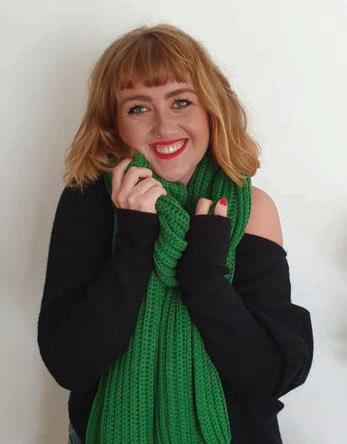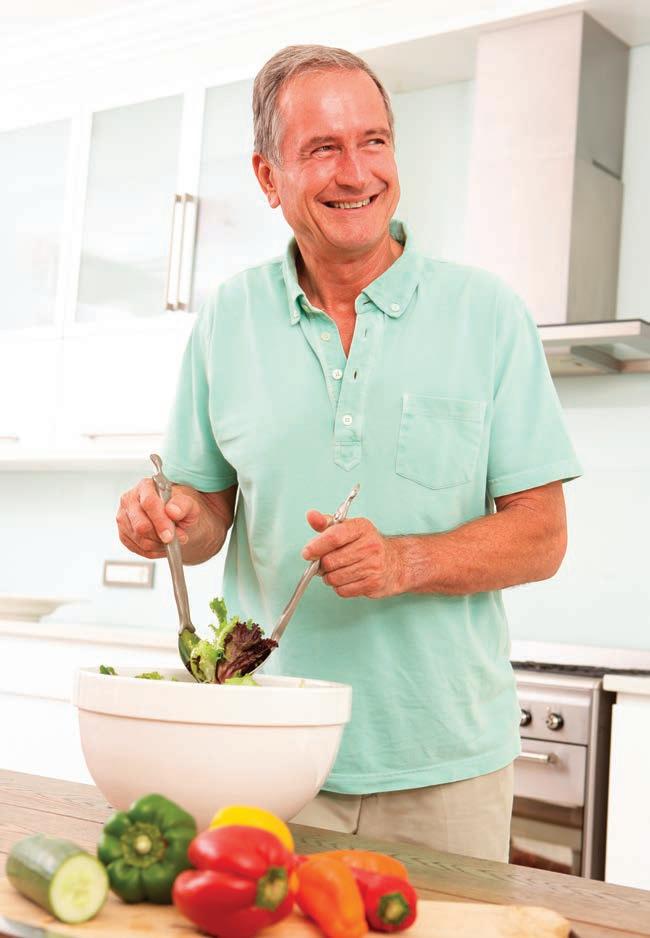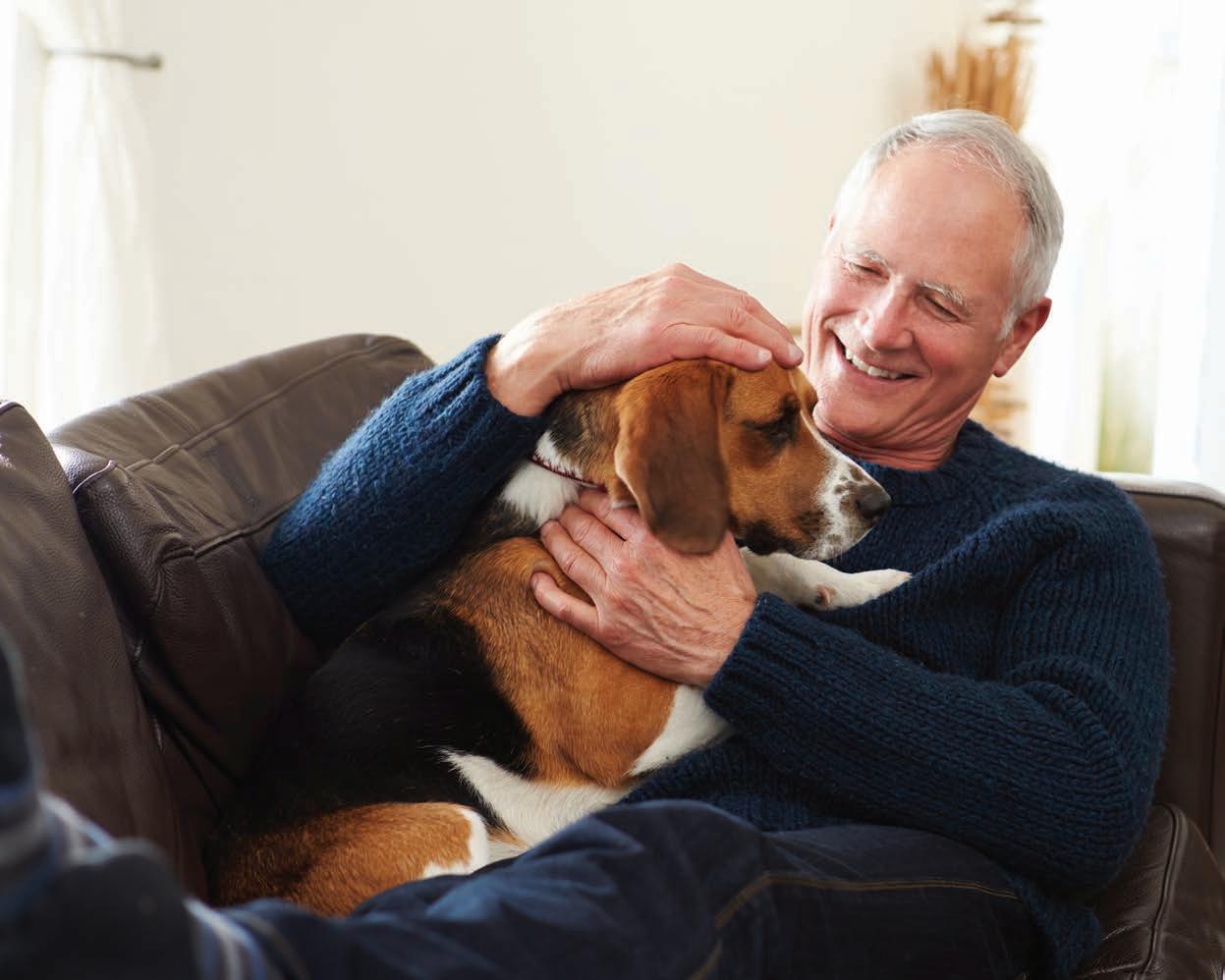
5 minute read
Staying connected in isolation
BY ADRIENNE GARSIDE Staying connected in isolation
There’s no point sugar-coating it – Australia is on track to collectively endure one of the toughest years in living memory. First, the summer bushfire season had our beautiful Central Coast looking like a post-apocalyptic hellscape for weeks on end. Then, after almost no respite, we’ve had our lives completely up-ended by COVID-19. In recent weeks, some selfish folk have hoarded essentials like toilet paper for fun and profit. Major disruptions to schools, workplaces and social gatherings are likely to persist for months. Everyone is being strongly encouraged to stay at home – particularly older people whose health may be at greater risk.
Aside from those who have lived through war or widespread poverty, few of us have experienced this level of social upheaval. In this lucky country, we’ve never really been asked to make sacrifices for the common good before. Yet history shows us that the best way to navigate a profound crisis like the current pandemic is to stay connected, and to look after ourselves and each other.
We’re all in this together Some in the mental health sector have begun to suggest that constant talk of ‘social distancing’ should be replaced with the more specific term ‘physical distancing’. In the current situation, robust social networks are more important than ever. It’s hugely beneficial to stay in touch via phone or mail with relatives, friends and neighbours – especially those experiencing sudden unemployment, serious illness or bereavement. If your regular shared activity is suspended, get a phone tree started to ‘check in’ with group members. Use social media platforms like Facebook to reach out to others (but ignore the unsourced news and medical advice offered there).
Self-care isn’t selfish It can be especially hard to prioritise selfcare during a crisis. Yet taking good care of yourself nurtures resilience, which is the ability to bounce back effectively from setbacks. Here are some basic selfcare tips to get you started: Maintain regular routines – Try to keep to your usual schedules around getting up, dressing, eating, sleeping and exercise. As the 20 th century pop psychologist Dale Carnegie used to say, live in ‘day-tight compartments’ – keep focused on the task at hand, not worrying about what might happen tomorrow, next week or next year. Seek support – Many health services are now being delivered remotely or using other non-traditional methods. Contact your GP to find out the safest ways to care for your health. Don’t delay seeking help if something doesn’t feel right, physically or mentally. If possible, enlist a friend or family member to maintain your access to food, medication and other essentials. Relieve stress – Let go of the need to be productive. The priority for the foreseeable future is feeling safe and connected. You can break out that longpostponed DIY project if you want to, but ‘vegging out’ on the couch is equally valid. Do a jigsaw puzzle. Buy a book online from an exciting new author. Revisit a favourite film on Netflix (maybe not Outbreak or Contagion right now). Take some slow, deep breaths. Whatever makes you feel calm is helpful.
Hang in there It is normal to feel anxious at such an uncertain time. It may help to write your worries down, or share them with someone you trust. Try to keep your mind focused on what you have to be thankful for. Seek news from factchecked sources like the ABC and the Sydney Morning Herald. Share smiles, kindness and toilet paper. And remember – this, too, shall pass.
For crisis counselling 24 hours a day, 7 days a week, call Lifeline on 13 11 14
Adrienne Garside works for Iris Foundation, a charity that aims to reduce the risk of suicide on the Central Coast. The Foundation achieves this by facilitating and supporting awareness campaigns, programs and partnerships which enhance community connectedness and well-being. For more information, please visit: www.irisfoundation.org.au.
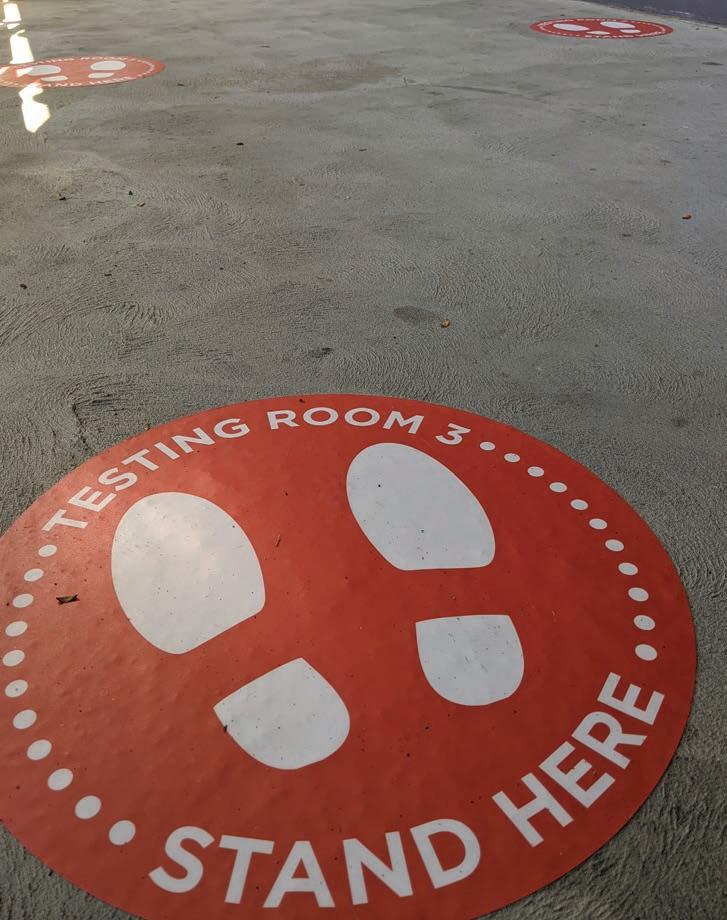
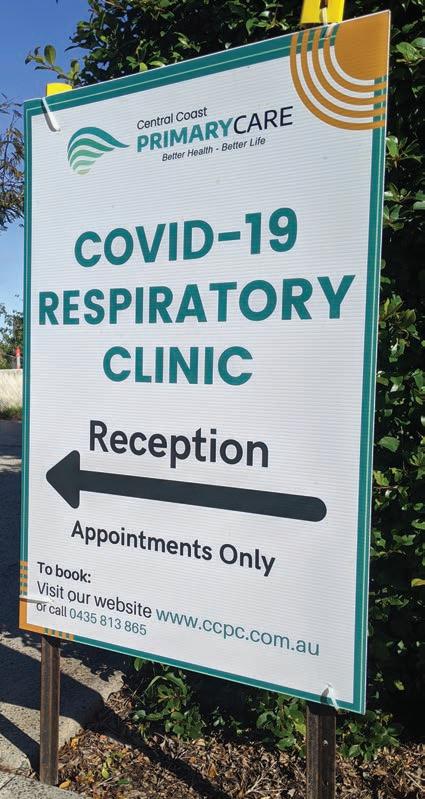
Central Coast Primary Care is opening the Central Coast COVID-19 Respiratory Clinic in Erina from Friday 1st May. The Clinic will be operated from the grounds of the EV Church at 331 Terrigal Drive, Erina.
As part of the Australian Governments roll out of GP-led Respiratory Clinics, Central Coast Primary Care has been successful in their proposal to operate the only federally-funded respiratory clinic on the Central Coast for an initial threemonth period.
The purpose of the Respiratory Clinic is to provide a centralised and specific COVID-19 testing service. The clinic will ease the burden on local Hospitals and General Practices by providing COVID-19 testing to people who seek an assessment, without bringing them into contact with healthy members of the community in Hospital or GP waiting rooms.
Central Coast Primary Care CEO, Michelle Bradbury says “We are taking every precaution to ensure the safety of our staff and people attending the clinic. We have chosen the EV Church as a suitable location for the clinic as it provides large carparks and multiple rooms that will ensure we can keep people at a safe distance whilst being tested.”
The clinic will be operating from 10:30am to 5:30pm Monday to Sunday. “People will be encouraged to book online to make an appointment, or phone ahead, to reduce the number of people on the premises at any given time”, says Bradbury.
People can book into the clinic via the CCPC website www.ccpc.com.au from this Wednesday 29th April.
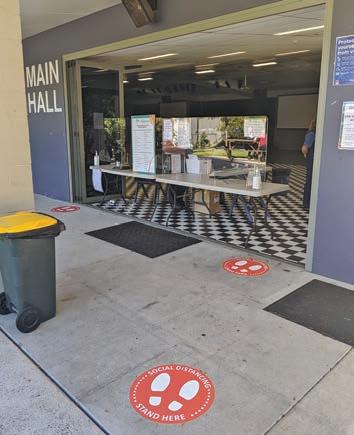
For further media information contact Central Coast Primary Care on 02 4365 2294 or email ccpc@ccpc.com.au. Central Coast Primary Care is a local not-for-profit organisation committed to improving the health and wellbeing in our local community. Based in Erina, their services are delivered throughout the Central Coast region and include Mental Health Programs, Community Programs, and Indigenous Programs. They are a registered NDIS provider and operate several After Hours GP Clinics. Their collaborative and innovative approach ensures that the people they work with are supported to improve their health and well-being.

